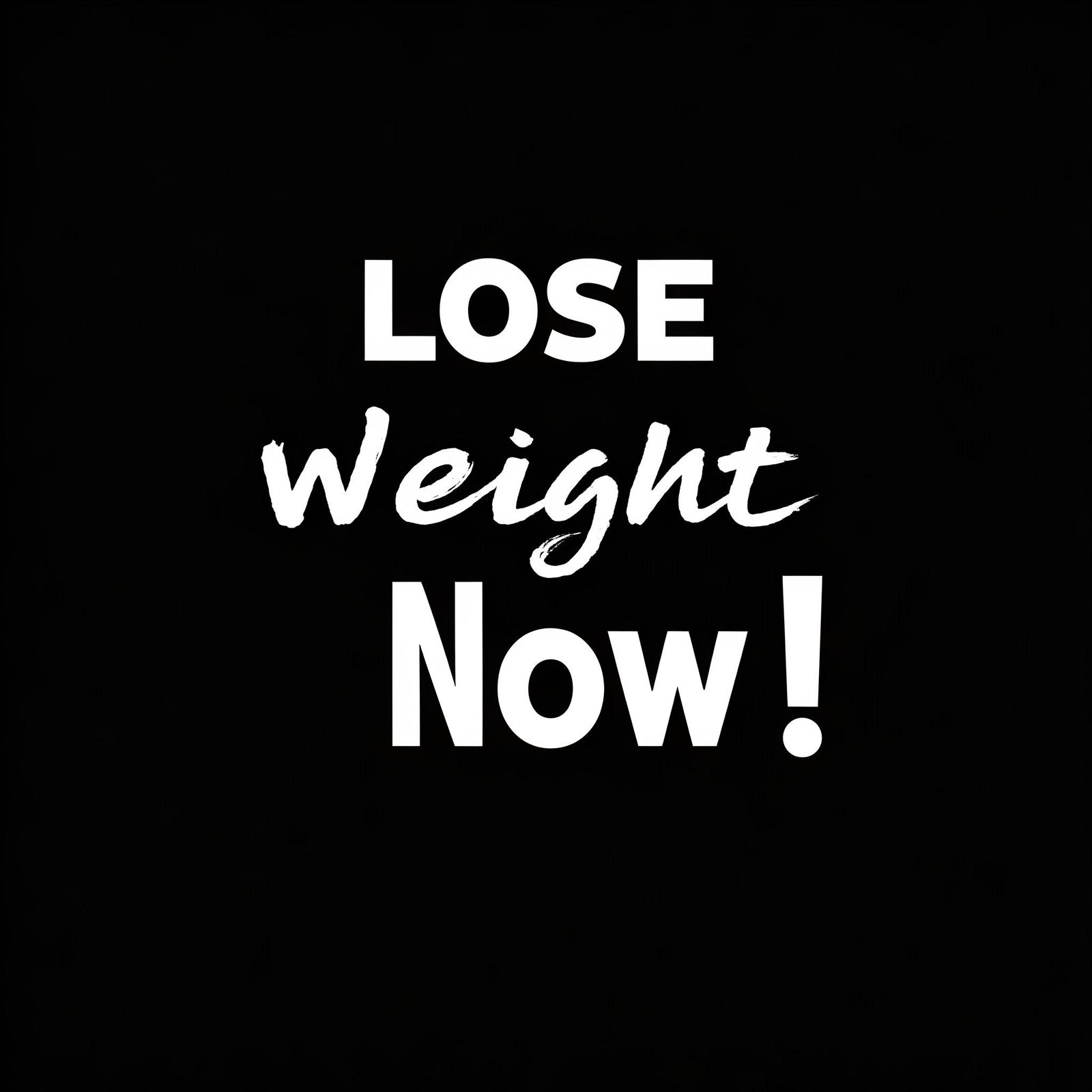Sure! Here’s an article on “15 Fat-Storing Foods” that includes some SEO-friendly elements, such as keywords and suggestions for relevant websites.
15 Fat-Storing Foods: What to Avoid for Better Health
When it comes to maintaining a healthy weight and overall well-being, food choices play a significant role. Certain foods are known for promoting fat storage in the body, making it essential to understand which items to limit or avoid in your diet. Here, we present 15 fat-storing foods that you may want to reconsider.
1. Sugary Beverages
Sugary drinks, such as soda and sweetened juices, are high in calories but provide little to no nutritional value. They can lead to increased fat storage, especially around the abdominal area.
Website Reference: Harvard Health
2. White Bread
White bread is made from refined flour, which can cause spikes in blood sugar levels, leading to increased hunger and fat storage. Opting for whole grain or whole wheat bread is a healthier alternative.
Website Reference: Mayo Clinic
3. Pastries and Sweets
Baked goods such as cakes, cookies, and pastries are often loaded with sugar and unhealthy fats, making them a prime contributor to weight gain.
Website Reference: Cleveland Clinic
4. Processed Meats
Processed meats like bacon, sausages, and deli meats often contain high levels of saturated fats and preservatives, which can contribute to weight gain.
Website Reference: World Health Organization
5. Fried Foods
Foods that are deep-fried, such as french fries and fried chicken, absorb unhealthy oils and fats during cooking, leading to increased calorie intake and fat storage.
Website Reference: American Heart Association
6. Ice Cream
While delicious, ice cream is high in sugar and fat. Regular consumption can lead to weight gain, particularly if portion sizes are not controlled.
Website Reference: Nutrition.gov
7. Potato Chips
These crunchy snacks are typically high in salt, unhealthy fats, and calories, making them easy to overeat and a major contributor to fat storage.
Website Reference: The Nutrition Source – Harvard T.H. Chan School of Public Health
8. High-Calorie Salad Dressings
Many store-bought salad dressings are loaded with sugars and unhealthy fats. Opting for lighter, homemade dressings can reduce calorie intake significantly.
Website Reference: Cleveland Clinic – Nutrition
9. White Rice
Similar to white bread, white rice is a refined carbohydrate that can spike blood sugar levels and contribute to fat storage. Choosing brown rice or quinoa is a healthier choice.
Website Reference: Mayo Clinic – Healthy Eating
10. Energy Bars
While marketed as healthy, many energy bars contain high amounts of sugars and unhealthy fats, making them less nutritious than they seem.
Website Reference: American Heart Association – Nutrition
11. Granola
Granola may seem like a healthy breakfast option, but many store-bought versions are high in sugars and unhealthy fats, which can lead to weight gain.
Website Reference: Healthline
12. Cereal
Many breakfast cereals are high in sugar and low in fiber, contributing to increased hunger and fat storage later in the day.
Website Reference: USDA FoodData Central
13. Dairy Products
Full-fat dairy products like cheese and whole milk can be high in saturated fats, which may contribute to fat storage when consumed in excess.
Website Reference: American Dairy Association
14. Candy
Candy is high in sugar and calories, leading to quick weight gain. Reducing candy intake can significantly improve your overall health.
Website Reference: National Institute of Health
15. Fast Food
Fast food is often high in unhealthy fats, sugars, and sodium, making it one of the biggest culprits of fat storage in the body.
Website Reference: Centers for Disease Control and Prevention
Conclusion
Understanding which foods can contribute to fat storage is crucial for making healthier dietary choices. By reducing or eliminating these 15 foods from your diet, you can improve your health, manage your weight, and achieve your fitness goals. Always consult with a healthcare provider or nutritionist for personalized advice tailored to your needs.
SEO Tips for the Article:
- Keywords: Incorporate keywords like “fat-storing foods,” “weight gain,” “healthy eating,” and “nutrition tips” throughout the article.
- Meta Description: Write a concise meta description summarizing the article, e.g., “Discover the top 15 fat-storing foods that can lead to weight gain. Learn how to make healthier dietary choices for better health.”
- Headings and Subheadings: Use appropriate headings (H1, H2, H3) to organize the content, making it easier for search engines to index.
- Internal Links: Link to other relevant articles on your website to keep readers engaged and improve SEO.
Feel free to modify any sections or let me know if you need more information on a specific topic!







Reviews
There are no reviews yet.